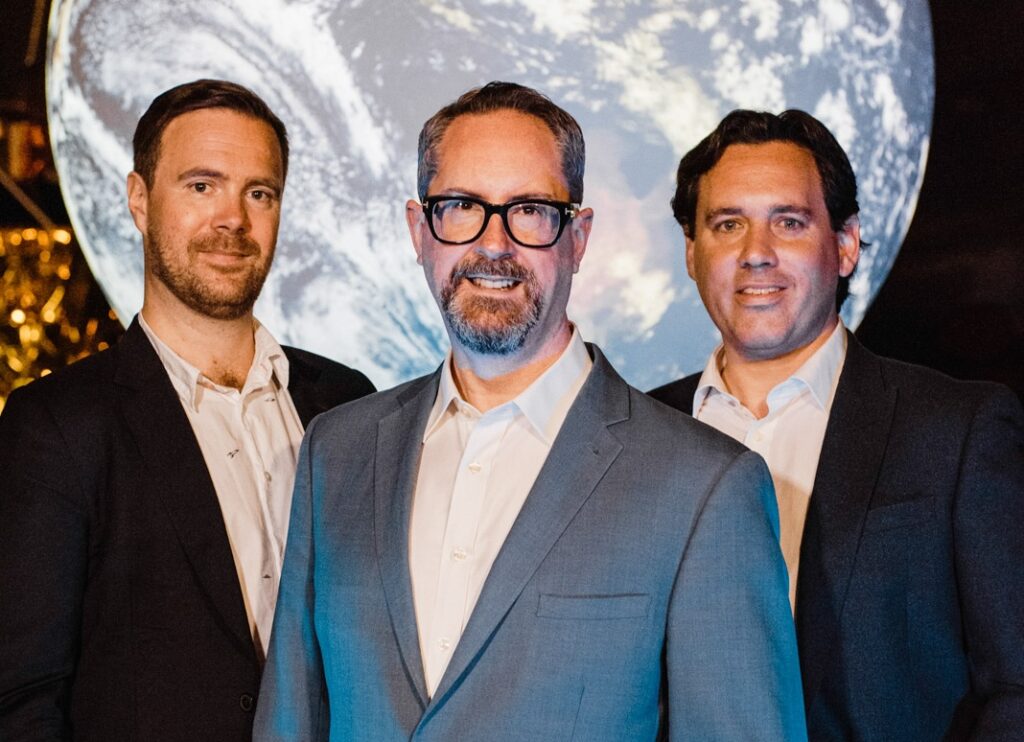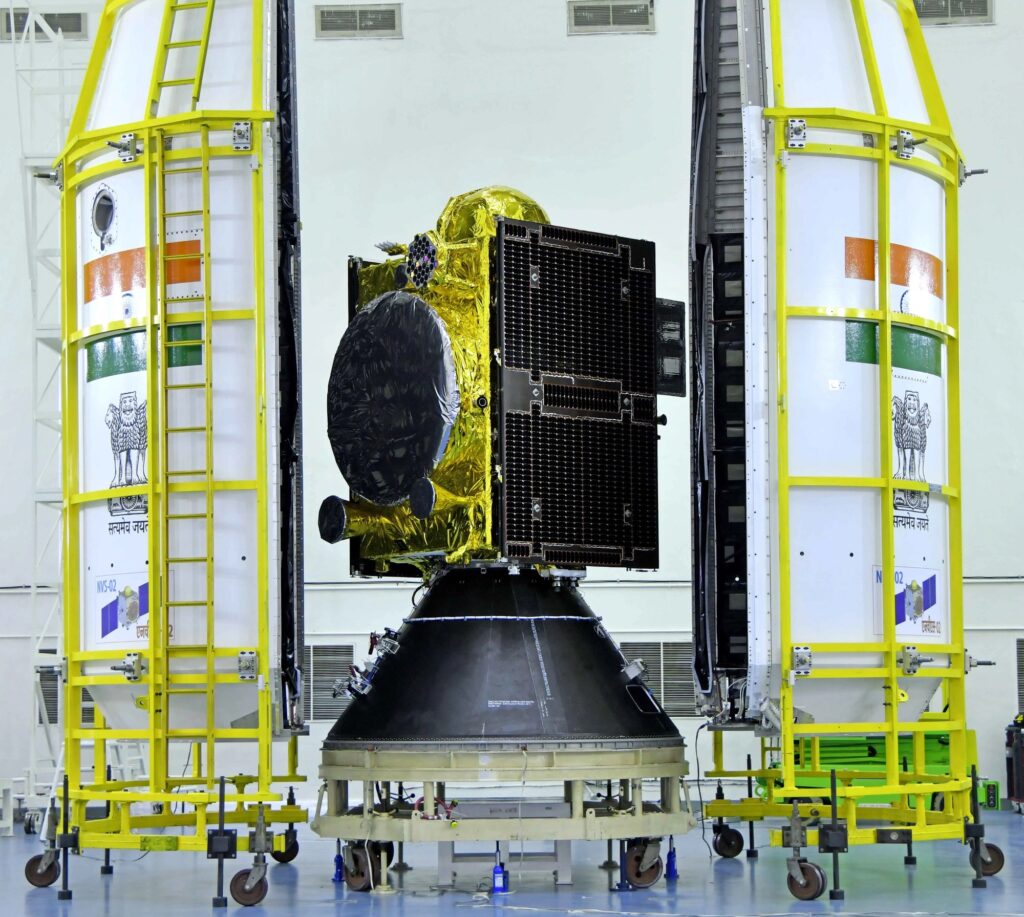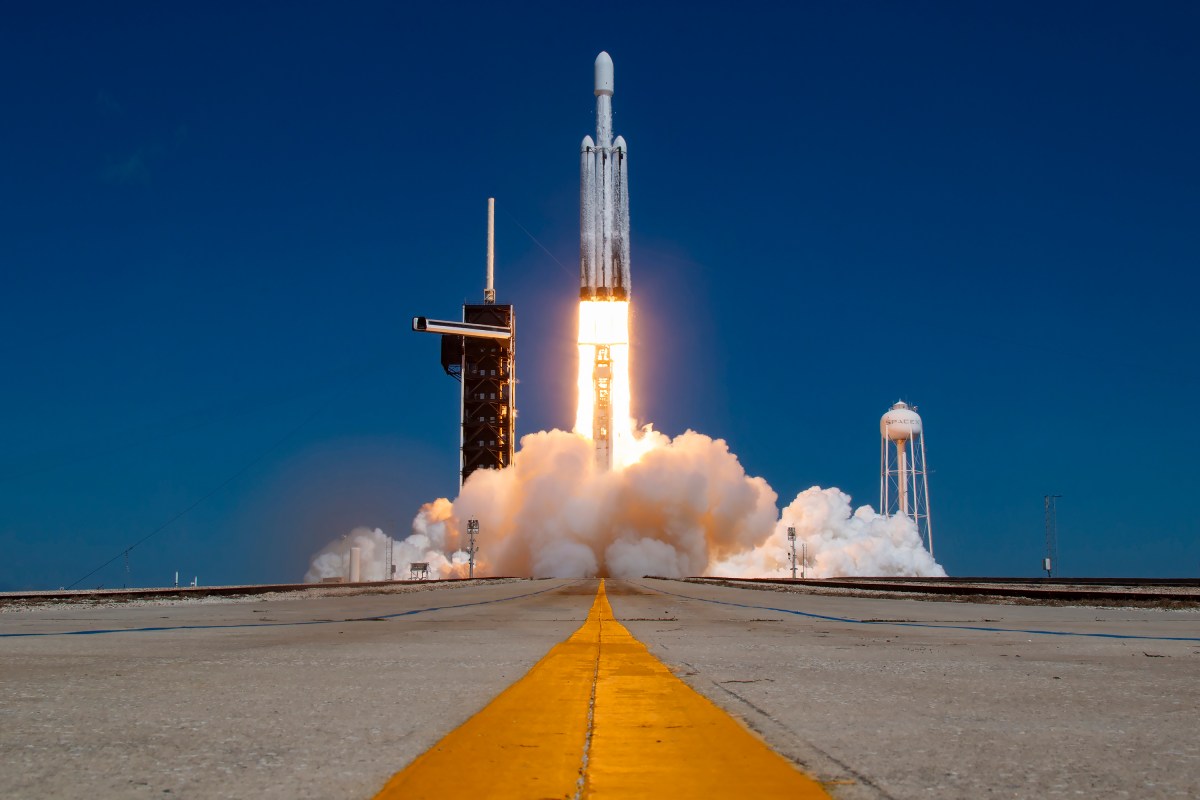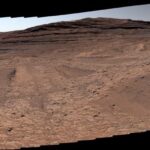Now Reading: Locus Lock to expand GNSS receiver production with new funding
-
01
Locus Lock to expand GNSS receiver production with new funding
Locus Lock to expand GNSS receiver production with new funding
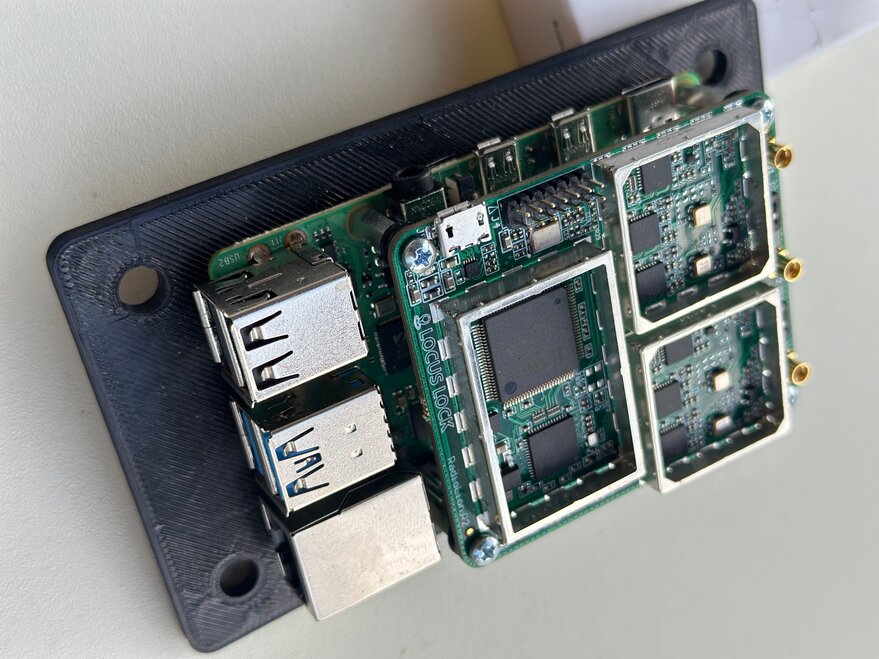

SAN FRANCISCO – Colorado startup Locus Lock has raised venture capital to produce global navigation satellite system receivers for maritime, airborne, terrestrial and space applications.
“Sensors for advanced and autonomous navigation weren’t providing the trustworthy, precise and secure positioning data needed for safe and informed navigation,” Locus Lock CEO Hailey Nichols told SpaceNews. As a result, Locus Lock developed software-defined receivers to operate in “complex and challenging environments, inclusive of areas that are GPS-contested or denied,” Nichols said.
Locus Lock, founded in 2021 at the University of Texas at Austin’s Radionavigation Laboratory, directed by engineering professor Todd Humphreys, produces receivers offering “high-end performance at a price that make sense for mass market adoption in commercial and defense ecosystems,” Nichols said.
AIN Ventures led Locus Lock’s investment round. Participants included Aurelia Foundry, CreationsVC, Jolt VC, ff Venture Capital, Techstars and the University of Texas Seed Fund.
“Locus Lock represents the best combination of deep technical expertise and market readiness,” Sherman Williams, AIN Ventures managing partner, said in a statement. “Their transition from academic innovation to commercial application, particularly in critical sectors like autonomous mobility, made this a compelling investment opportunity for us.”
Signal Diversity
In addition to GPS, Locus Lock relies on global and regional constellations including Europe’s Galileo constellation, China’s Beidou and Japan’s QZSS. The startup’s receivers also are compatible with satellite-based augmentation systems.
“That’s important for signal diversity and availability,” Nichols said.
With the recent investment, Locus Lock plans to expand its staff, scale up manufacturing and convert pilot program customers to regular customers.
Locus Lock is not disclosing the value of the investment round. The company also received a Colorado Advanced Industries Early-Stage Capital and Retention Grant.
Hiring in Boulder “is one of the main things that we are looking to do in this next year,” Nichols said. Locus Lock manufactures receivers in Colorado.
Satellite Customers
Aerospace companies, including satellite operators “typically are operating in highly dynamical environments with quite low signal-to-noise ratios,” Nichols said. “Without having access to a very flexible, very capable receiver, they won’t achieve the type of [position navigation and timing] results needed to drive their mission forward.”
Locus Lock customers include several unnamed satellite operators.
From 2021 to 2023, while Nichols was a graduate student earning a master’s degree in aerospace engineering at the University of Texas, Locus Lock did not solicit external investment. That changed in 2023 when Locus Lock spun out of the university laboratory and joined the Techstars Space Accelerator.
Stay Informed With the Latest & Most Important News
Previous Post
Next Post
Previous Post
Next Post
-
 01Two Black Holes Observed Circling Each Other for the First Time
01Two Black Holes Observed Circling Each Other for the First Time -
 02From Polymerization-Enabled Folding and Assembly to Chemical Evolution: Key Processes for Emergence of Functional Polymers in the Origin of Life
02From Polymerization-Enabled Folding and Assembly to Chemical Evolution: Key Processes for Emergence of Functional Polymers in the Origin of Life -
 03Astronomy 101: From the Sun and Moon to Wormholes and Warp Drive, Key Theories, Discoveries, and Facts about the Universe (The Adams 101 Series)
03Astronomy 101: From the Sun and Moon to Wormholes and Warp Drive, Key Theories, Discoveries, and Facts about the Universe (The Adams 101 Series) -
 04True Anomaly hires former York Space executive as chief operating officer
04True Anomaly hires former York Space executive as chief operating officer -
 05Φsat-2 begins science phase for AI Earth images
05Φsat-2 begins science phase for AI Earth images -
 06Hurricane forecasters are losing 3 key satellites ahead of peak storm season − a meteorologist explains why it matters
06Hurricane forecasters are losing 3 key satellites ahead of peak storm season − a meteorologist explains why it matters -
 07Binary star systems are complex astronomical objects − a new AI approach could pin down their properties quickly
07Binary star systems are complex astronomical objects − a new AI approach could pin down their properties quickly












